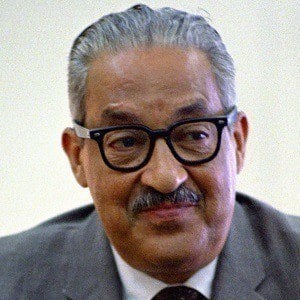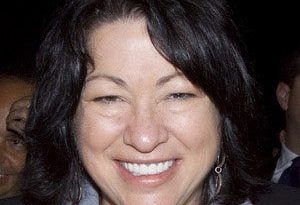Thurgood Marshall’s Family, Relationships, and Friends: Everything You Need to Know
Thurgood Marshall was a trailblazer in American legal history. His strong bonds with friends, deep relationships within his family, and the support of loved ones were central throughout his life. These connections helped shape the man who fought for justice at the highest levels of the United States.
Family Life and Background
Thurgood Marshall grew up in Baltimore, Maryland. He was born into a family that valued education and personal achievement. His father, William Marshall, worked as a railroad porter, while his mother, Norma Marshall, taught in a local school.
Marshall married Cecilia Suyat, his second wife, in 1955. They met through her work at the NAACP headquarters, where she was a secretary. Their partnership began in New York City and lasted until Marshall’s death in 1993.
The couple had two sons together: Thurgood Marshall Jr. and John W. Marshall. Both children were biological and went on to have successful public service careers. Thurgood Marshall Jr. became a lawyer and political advisor, and John W. Marshall worked in law enforcement.
Marshall was close to his brother, Aubrey, throughout his life. The family played a foundational role in supporting his work and public service.
| Name | Relation | Birth Year |
|---|---|---|
| William Marshall | Father | 1888 |
| Norma Marshall | Mother | 1895 |
| Aubrey Marshall | Brother | 1911 |
| Cecilia Suyat Marshall | Wife | 1928 |
| Thurgood Marshall Jr. | Son | 1956 |
| John W. Marshall | Son | 1958 |
Relationships and Romantic History
Marshall’s first marriage was to Vivien Burey. They met while he was a student at Lincoln University and married in 1929. Vivien supported him throughout his early legal career, but she passed away from cancer in 1955.
After Vivien’s death, Marshall found companionship with Cecilia Suyat. Their relationship grew from shared professional interests and mutual respect. Marshall remained married to Cecilia until the end of his life.
Vivien Burey played a meaningful role in Marshall’s growth as a lawyer. Their relationship ended only due to her death, not from conflict or separation.
| Name | Relationship Type | Time Period |
|---|---|---|
| Vivien Burey | Ex-Wife | 1929–1955 |
Friends and Professional Connections
Marshall’s friendships ran deep. He met Langston Hughes while studying at Lincoln University. They shared an appreciation for literature and social justice, and their friendship began during those college years.
He also counted Roy Wilkins among his colleagues. Wilkins and Marshall collaborated during their days at the NAACP. Their alliance was based on shared goals for civil rights.
Charles Hamilton Houston, Marshall’s mentor at Howard University School of Law, also became a confidant. Houston guided Marshall’s professional choices and supported his legal strategies.
These connections lasted through periods of intense professional change and helped Marshall maintain perspective during his Supreme Court tenure.
| Name | Known Since | Profession |
|---|---|---|
| Langston Hughes | 1926 | Poet/Writer |
| Roy Wilkins | 1940s | Civil Rights Leader |
| Charles Hamilton Houston | 1930 | Legal Educator |


